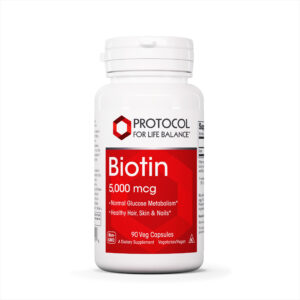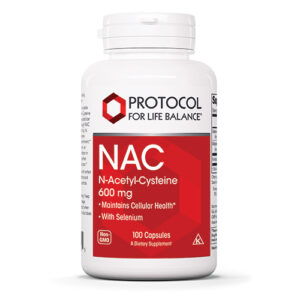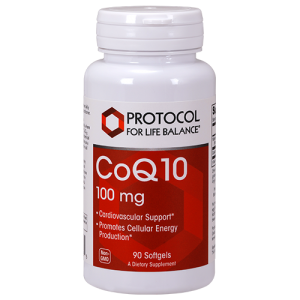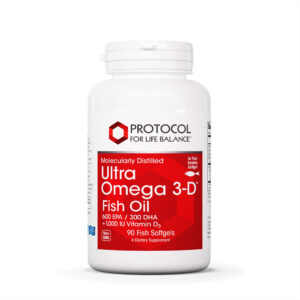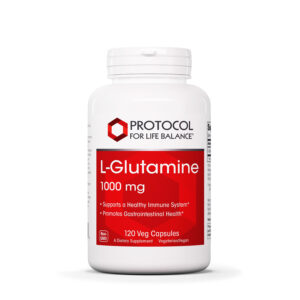https://www.protocolforlife.com/biotin-5000-mcg/
Biotin is a water-soluble vitamin necessary for cell growth, the production of fatty acids, and the metabolism of fats and amino acids.* It also plays key roles in gluconeogenesis and fatty acid synthesis, and is therefore critical for maintaining proper glucose and lipid metabolism.* Biotin is also known to be important for healthy skin, hair and nails.*
https://www.protocolforlife.com/nac-n-acetyl-cysteine-600-mg/
N-acetyl-cysteine (NAC) is a stable form of the non-essential amino acid cysteine. Cysteine is a sulfur-containing amino acid that acts as a stabilizer for the formation of protein structures.* Although NAC possesses its own free radical scavenging activity, its primary function in the body is to supply cysteine necessary for glutathione synthesis and replenishment.* This unique formula also...
https://www.protocolforlife.com/coq10-100-mg/
Coenzyme Q10 (CoQ10) is a vitamin-like compound present in almost all cells, where it is necessary for cellular energy production.* CoQ10 concentrations are highest in the heart, where chemical energy availability is critical. CoQ10 also functions as a powerful fat-soluble free radical scavenger within cell membranes and vascular structures.* Protocol For Life Balance® CoQ10 is a pharmaceutical...
https://www.protocolforlife.com/ultra-omega-3-d/
Fish oils are naturally abundant in the omega-3 fatty acids (FAs), EPA (eicosapentaenoic acid) and DHA (docosahexaenoic acid). These FAs are concentrated in eye and brain tissues, where they help to promote proper function of the central nervous system and support eye health.* Omega-3 FAs are also critical for proper immune system function, and help to maintain cardiovascular and joint health.*...
https://www.protocolforlife.com/l-glutamine-1000-mg/
L-Glutamine, the most abundant amino acid in the body, is an important constituent of proteins and participates in many key metabolic processes.* Glutamine helps to regulate acid/base balance, maintains nitrogen balance, and acts as a nitrogen reservoir for the production of other amino acids.* It also serves as an important energy source for certain cell types, such as gut, immune, and kidney...

